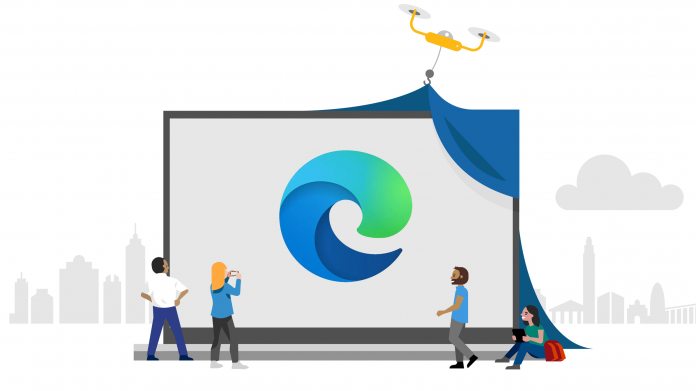The optimizations have been enabled for 64-bit Windows 10 builds and require version 81.0.389.0 or higher. Microsoft says this will translate to a boost of 13% if you’re going by Speedometer 2.0 tests. “Speedometer measures performance by simulating user interactions in a sample web app across a number of DOM APIs and popular JavaScript frameworks used by top sites, and is generally regarded as a good proxy for real-world performance across a number of different subsystems including the DOM, JavaScript engine, layout, and more,” explained the company. “We’d like your help validating these improvements in your real-world browsing as we approach our next Beta release later this month.” The results are based on a total of ten tests on each browser version, with a Surface Pro 5 and 8 GB RAM. Those with more powerful PCs may not experience as dramatic improvements, but this is good news for anyone on more modest hardware. We should see this begin to move through the Developer and Beta rings soon, with dev builds coming weekly and beta ones every 6 weeks. Stable will get the improvements whenever Microsoft deems them ready, so regular users could have a little while to wait. In the meantime, they have the addition of partial mobile syncing to look forward to. The feature rolled out to Canary users on February 4 and includes favorites, passwords, and addresses. It’s possible we’ll see both of these roll out in the same stable build, but we’ll just have to wait and see.




